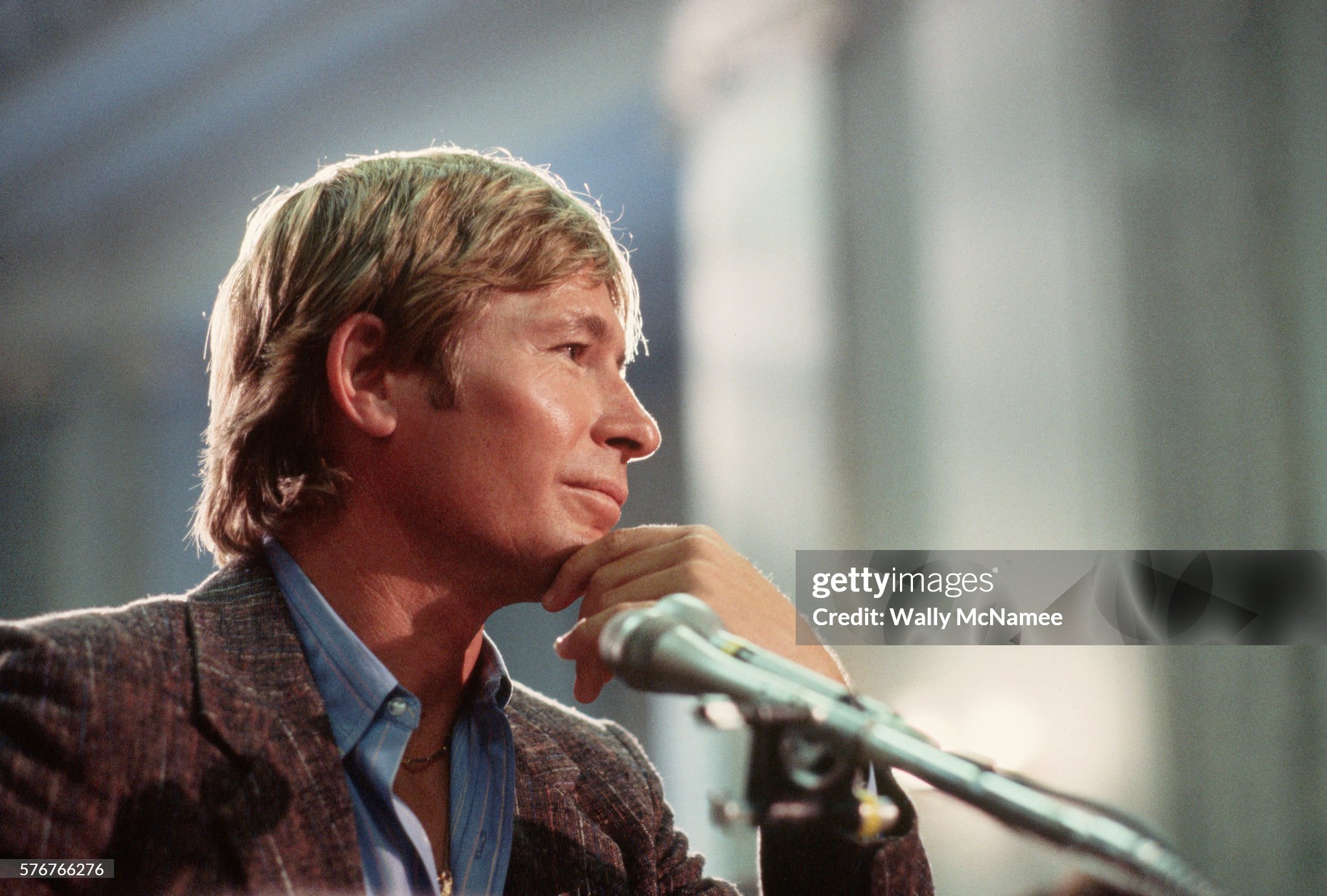
Rocky Mountain High: An Enduring Ode to Nature’s Majesty and the Spirit’s Freedom
Few songs resonate with the profound beauty of the American landscape and the yearning for a simpler, more authentic existence quite like John Denver’s timeless anthem, “Rocky Mountain High.” Released in 1972 on the album of the same name, this quintessential folk-country ballad soared to Number 9 on the Billboard Hot 100 in 1973, becoming a defining hit for John Denver and an enduring symbol of the environmental movement and the unadulterated joy of connecting with nature. For many who came of age in the 1970s, or simply harbored a deep appreciation for the untamed wilderness, this song isn’t just music; it’s a cherished memory, a whispered promise of peace, and a vivid, sun-drenched painting of a world less complicated, where the air was cleaner and the horizons stretched infinitely.
The story behind “Rocky Mountain High” is as pure and genuine as the man who sang it. It sprang directly from John Denver‘s personal experience and profound love affair with Colorado, particularly after he moved to Aspen in the late 1960s. Having grown up in various locations due to his father’s Air Force career, Denver found a true sense of belonging and home amidst the majestic peaks and vast skies of the Rocky Mountains. The song wasn’t merely a composition; it was a heartfelt testament to the spiritual awakening he found there. It paints an idyllic picture of his life, from the gentle rhythm of changing seasons – “spent the last year up in the mountains / Didn’t get far, but I sure grew up a lot” – to the vibrant, life-affirming details of nature: “dark and silent hunger / A cry that tears at your soul / It’s a feeling you can’t deny / When you’ve seen it grow.”
What makes “Rocky Mountain High” so profoundly impactful, particularly for an older, well-informed audience, is its deeply emotional core. It speaks to a universal human desire for tranquility, for escape from the clamor of modern life, and for a return to something elemental and true. The “high” in the title, often controversially misinterpreted by some radio stations in its initial release as a drug reference (leading to a temporary ban and John Denver‘s impassioned testimony before Congress), was, as he vehemently clarified, the natural, exhilarating euphoria of being in the mountains. It’s the high of clear starlit nights, of crisp, pine-scented air, of eagles soaring against a sapphire sky, and of the sheer, overwhelming grandeur of a landscape that humbles and inspires in equal measure. This song became an anthem for those who felt that very same inexplicable pull towards the wild, a yearning for an uncomplicated existence where the rhythm of life was dictated by the rising sun and the whispering wind.
Beyond its personal genesis, the song carries a broader, timeless meaning. It’s an eloquent plea for environmental stewardship, subtly reminding us of the preciousness of untouched wilderness and the need to protect it. For many, it evokes a golden era when the natural world still felt vast and largely unspoiled, before rampant development began to chip away at its edges. Listening to “Rocky Mountain High” today is not just an auditory experience; it’s an invitation to reflection, a journey back to a time when idealism about preserving our planet felt more tangible. It transports us to those moments of clarity and peace we’ve all sought, whether amidst actual mountains or simply in the quiet corners of our own hearts. It reminds us that true riches aren’t material, but lie in the vast, open spaces of the world and the quiet contentment of a spirit set free by nature’s embrace. It is, in essence, a musical postcard from a soul that found its sanctuary, urging us all to seek our own “Rocky Mountain High.”